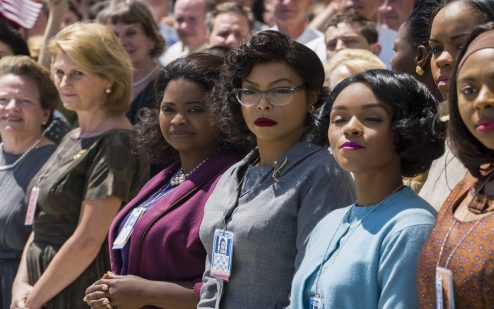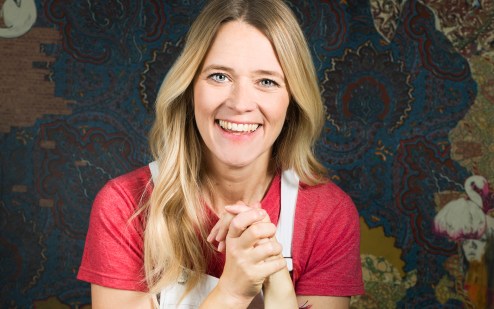Film review: The Beatles Eight Days A Week: The Touring Years
Ron Howard’s new film is a documentary about the Beatles' touring years. Does another film about the Beatles really need to be made? We definitely think so

The story of the Beatles is one most of us are familiar with… yes, yes, the Beatles were huge, there was Beatlemania, they were the first boy band, they changed popular music forever… But there is always another perspective on the story, always more to learn and appreciate and in the hands of a master storyteller like Ron Howard, always more to enjoy and remind you why the Beatles continue to have such enduring appeal, generations later.
The documentary focuses on the ‘touring years’, from 1962-1966 when the group toured Britain and Europe, then the US and rest of the world – when they built on their fame, selling out bigger and bigger venues, until it all began to get too much and they couldn’t even hear themselves play with the volume of the fans’ screaming.
Ron Howard mentions in a recent Facebook chat that he saw it as an adventure story and he wanted to make a movie for millennials who might like the Beatles, but have no idea of the context of their fame and how exciting it was at the time. “As I looked at those touring years, I began to see it as a kind of adventure, a survival tale of this incredible journey they were on,” he recalls.
“I thought that was the story I could tell, a cousin to Apollo 13 in a way that would reflect the culture of the times. At the same time, we could explore the dynamics of the Beatles as a band — a brotherhood of sorts — but also as individuals, because they definitely grew, evolved and changed as they were tested as individuals and as a group.”
Rare and unseen footage is used to give us an insight into the bubble of fame the Beatles were trapped in, mixed with recent interviews with Paul and Ringo and digitalised concert footage that allows us to get closer to the experience of seeing the Beatles play live, as we can actually hear the music.
Whoopi Goldberg tells a touching tale of how her mother suprised her with two tickets to the concert at Shea Stadium and Sigourney Weaver talks of the impact the band had on her as a young girl as the film cuts to a 14-year-old Sigourney at a concert.
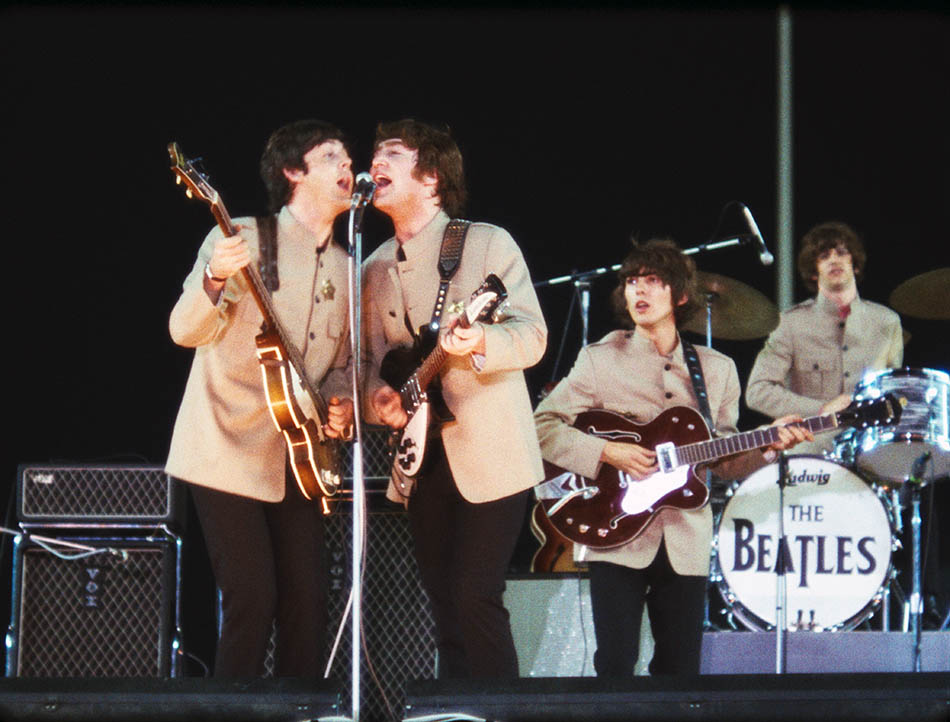
Copyright SubaFilms Ltd
Ringo Starr says: ‘I was an only child and suddenly I had three brothers. What was very difficult for a lot of people to understand was that we were these four guys going through the Beatle life together, which you’ll see a lot in this film, and we had each other all the time. People can actually see that we were just this band of rockers who loved to do what we did.’
The Beatles were used to playing gig after gig, as that was how they started in the seedy clubs of Hamburg before manager Brian Epstein discovered them, so the busy work schedule was nothing new. At the beginning of the film, in 1962, we see how John, Paul, George and Ringo are having fun and enjoying touring and playing live, seeing the fans’ reactions and hearing their songs on the radio.
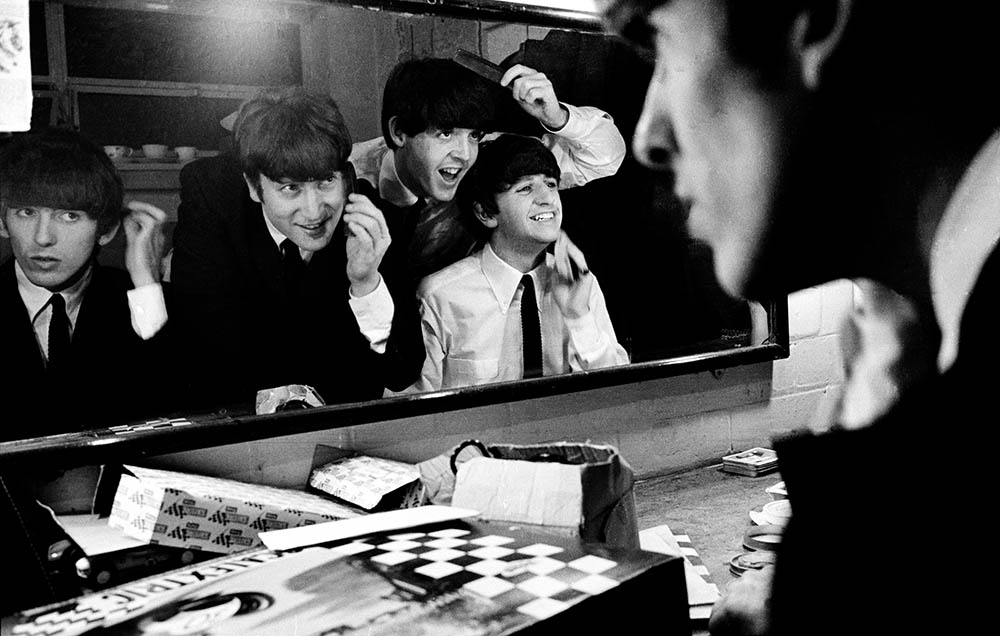
Copyright Apple Corps
Part of the Beatles’ appeal that comes across in the film is the genuine innocence of the band at the time – all they were doing was writing songs and playing them, and having fun doing that together. They had no idea why the fans reacted in such a passionate way. George Harrison said: ‘We were normal. It was the rest of the world that was crazy.’
In one clip, Paul is asked what impact he feels the Beatles will have on culture and he just scoffs. ‘It’s not culture. It’s just having a laugh, you know?’ They weren’t courting fame like many people in the public eye in the 21st century; all they wanted to do was play their music. Perhaps it’s that genuine innocence and talent that is the key to why people continue to love them today. Here are a couple of examples – Zander Sumner, who chose to recreate the Abbey Road album cover on his wedding day…
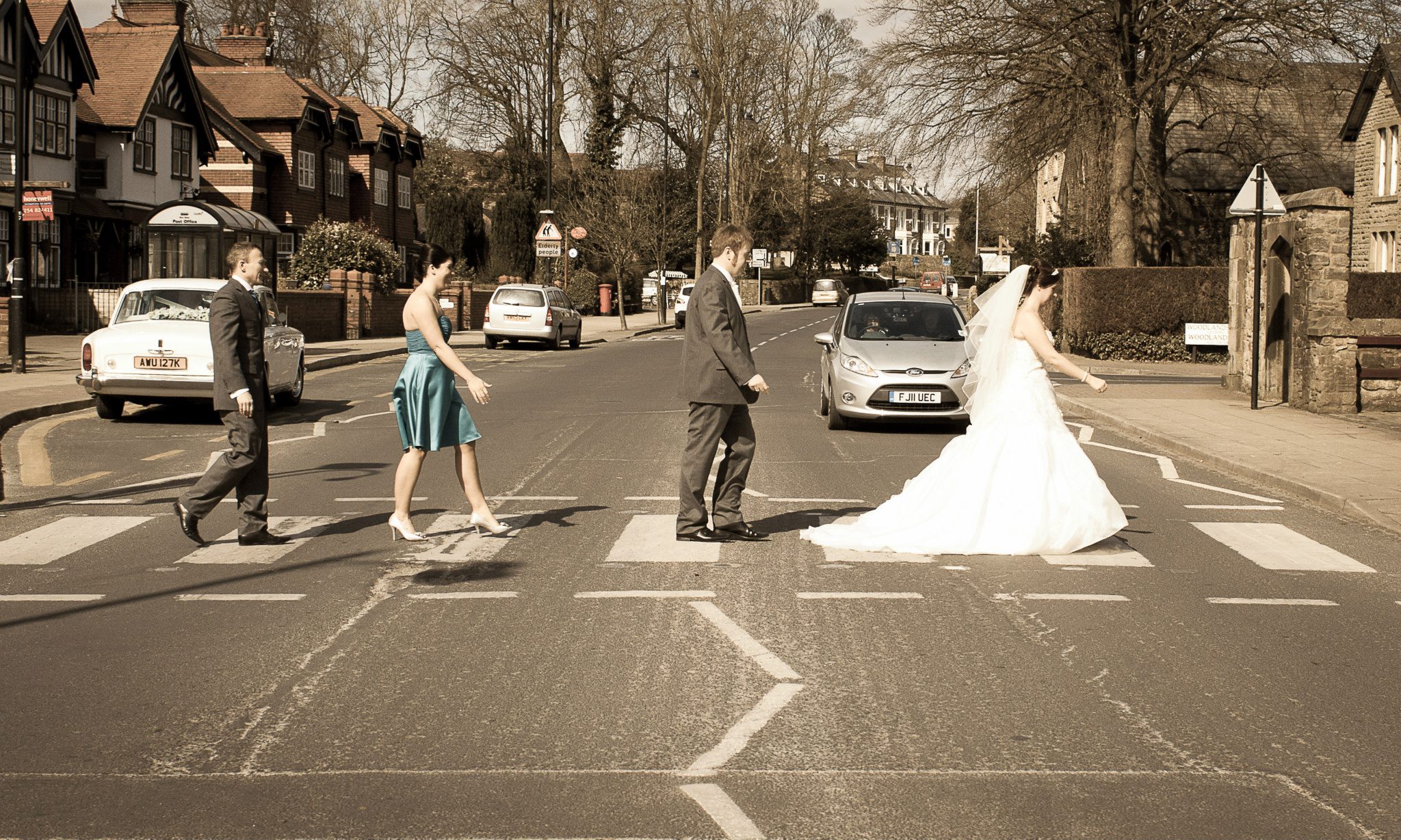
…and Chris McIver, who tells of how he saw the band at the Cavern Club in 1962. He went to the gig with his friend on their lunchbreak, but the gig was late starting. He saw Paul sitting among the crowd drinking a cola and asked him when he’d be playing. ‘I’ll do a deal with you,’ said Paul. ‘As soon as I’ve drunk my cola we’ll go on.’ “A few minutes later Paul tapped me on my shoulder, showed me his empty bottle and said, ‘we’ll go on now.’ I said to him, ‘Thank you, you’d better be good.’ The rest is history and that started my life-long love of the greatest band the world has ever seen!”
In the film, Ron Howard shows the context of the cultural shift that the Beatles represented: they were the voice of the youth who were protesting in the Civil Rights movement, who wanted to change the world and who saw the group as their spokespeople, who identified with them and their music.
It also show the events leading up to the last live performance at Candlestick Park in San Francisco in 1966; with John’s comments about the Beatles being ‘bigger than Christ’ which, looking from a 21st-century perspective, makes complete sense, as we’re familiar with that overwhelming adoration that famous people evoke but back then, it was the first time the world had seen something like that, so of course there was an overblown reaction.
The Beatles’ lives soon changed and they admit in the film that it became scary – there were anti-Beatles demonstrations, people burned their records, it was all getting out of hand. They knew that to survive with their musical integrity intact they had to retreat to the studio to create.
We see photos of them in Abbey Road with soundtracks of them in the studio with producer George Martin, who guided the creation of those albums that built on their legacy, including Sgt Pepper, which Rolling Stone voted as the best album of all time in 2012. And the film ends with their last ever performance together – an impromptu gig on the roof of the Apple offices in London in 1969.
Ron Howard manages to avoid making just another documentary about the Beatles, instead capturing that essence of excitement when the best band in the world was at their creative and unified best. Go and see it, be captivated then listen to the back catalogue and enjoy.
THE BEATLES: EIGHT DAYS A WEEK – THE TOURING YEARS is out tomorrow. You can book tickets here: scnl.co/TheBeatlesTicket
